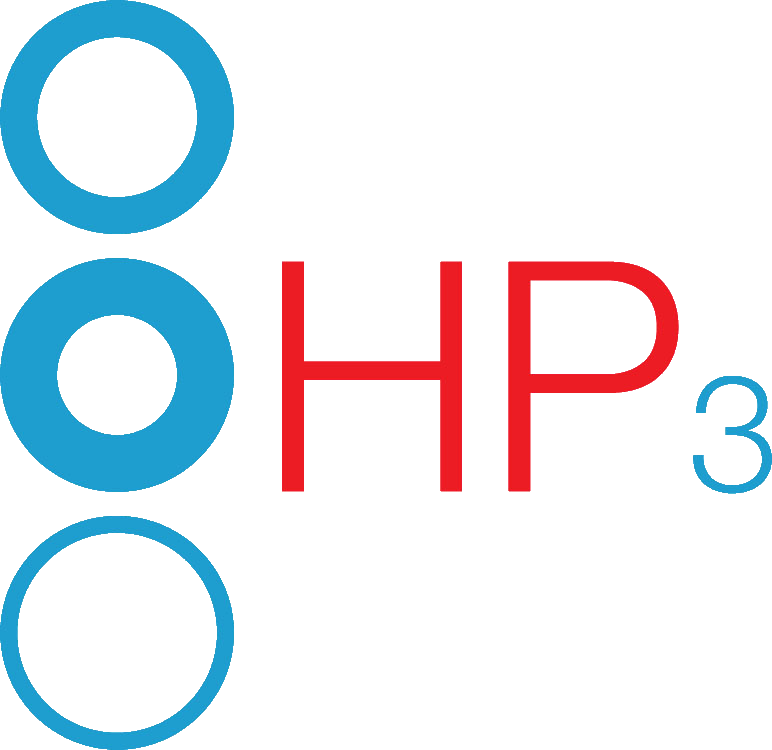
11 Mental skills for optimal performance
The Gold Medal Profile for Sport Psychology (GMP-SP) is a framework integrating 11 mental performance competencies underpinning podium success
Natalie Durand-Bush, Joseph Baker, Frank van den Berg, Véronique Richard & Gordon A. Bloom(2022) The Gold Medal Profile for Sport Psychology (GMP-SP), Journal of Applied Sport Psychology,DOI: 10.1080/10413200.2022.2055224
-

Fundamental
The first category, gold, are the fundamentals which underpin all the other ones.
-

Self Regulation
The second, silver, category is self regulation - the ability to generate and alter your thoughts, feelings and behaviours in pursuit of goals, values and ideals.
-

Interpersonal competencies
The third, bronze, category includes interpersonal competencies, how you deal with other people. This includes your relationships with your team mates, training partners and support staff.
Fundamental Competencies.
Motivation
Motivation is indispensable for high level achievement. What are your reasons or motives for behaving in a particular way? What is your ‘why’? Having a clear intrinsic motivator is what will drive you to success.
Confidence
Confidence is your belief, or degree of certainty, that you possess about your ability to be successful. Have confidence in your physical skills and training, your cognitive efficiency (ability to maintain focus and make good decisions) and your resilience to be able to refocus and correct errors or setbacks.
Resilience
Linked to the last category of confidence, resilience encompasses the various demands, stressors, setbacks and failures an athlete will face. Resilience is your ability to maintain a healthy state throughout these diverse challenges, and to effectively bounce back from any adversity.
Self Regulation Competencies.
Self Awareness
Self-awareness is your ability to reflect and understand your internal states. By improving your self awareness you can recognise and self-regulate your psychological and physiological states required for peak performance.
Stress management
Stress covers a multitude of factors, from both within the sport and your wider life. Understanding the total stress load, and having strategies to influence your stress responses, is crucial for maintaining a healthy balance. If your personal life or work life is creating high stress states then we need the sporting stress levels to be lower. But if you have low stress in your personal and working life we can push the sporting stresses a little higher. Learning to appraise and adapt to these different stresses can mitigate against negative responses.
Emotion and arousal regulation
You will experience a wide range of emotions as an athlete and therefore need skills and strategies to regulate them for both general health and performance. By finding your Individual Zone of Optimal Functioning (IZOF) we can identify and manage the emotional and arousal responses to optimise your performance.
Attention control
Attention control is also known as concentration or focus. It is your ability to direct your attention to a specific stimulus or task, while filtering out anything which is trying to distract you.
Interpersonal Competencies.
Athlete-Coach relationship
Establishing and maintaining a positive and trustworthy coach-athlete relationship is pivotal for high performance. Four key properties can be used to characterise this relationship; closeness, commitment, complementarity, and co-orientation.
Leadership
Leadership is both from the coach, but also athlete side. As an athlete you may have an important role as a formal or informal leader, helping to build relationships based on emotional, personal and inspirational exchanges.
Teamwork
Teamwork can greatly impact satisfaction, cohesion and performance. The Optional Team Functioning Model encompasses eight components involved in developing and maintaining optional teamwork; individual attributes (e.g., personal skills), team attributes (e.g., relational skills), structural team processes (e.g., goal setting), communication, individual regulation processes (e.g., self-awareness), team regulation processes (e.g., leadership), the context, and desired outcomes
Communication
Communication underpins all the above. Effective communication is required for the exchange of information, thoughts or messages.
Mental Health
Surrounding all of these elements is Mental Health as all of the above points are interrelated with mental performance. Athletes all have unique needs, demands, pressures and expectations you must manage on a daily basis. Mental health therefore encompasses the key psychological, social and emotional dimensions we seek to improve for optimal Health and Performance.

